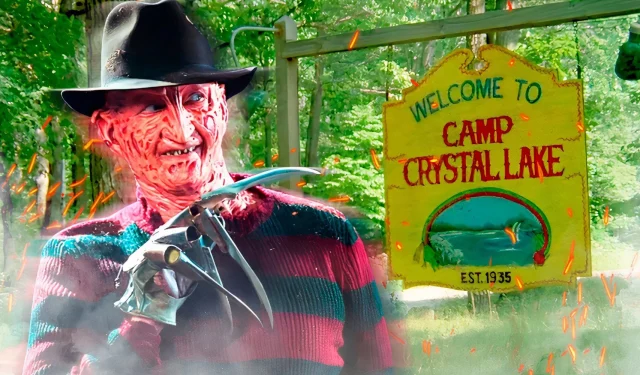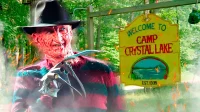In the ever-evolving landscape of the horror genre, reboots and legacy sequels have gained remarkable traction, yet the future of the A Nightmare on Elm Street series raises concerns. While many iconic franchises have successfully returned to the limelight, the absence of A Nightmare on Elm Street in this revival trend is perplexing, especially given the successful modernization of other franchises like Halloween.
Since its inception in 1984 by Wes Craven, A Nightmare on Elm Street introduced audiences to the terrifying Freddy Krueger, portrayed by Robert Englund. This unique slasher invades the dreams of his victims, resulting in deadly consequences in the real world. Over the years, Krueger became a household name through six sequels, a cross over film, and a 2010 remake. Despite this legacy, the iconic villain has yet to enjoy a new reboot, leaving fans yearning for more, especially in light of recent disappointing updates regarding the franchise’s future.
Legal Challenges Facing A Nightmare On Elm Street’s Reboot
Intricacies in Rights Management for A Nightmare On Elm Street
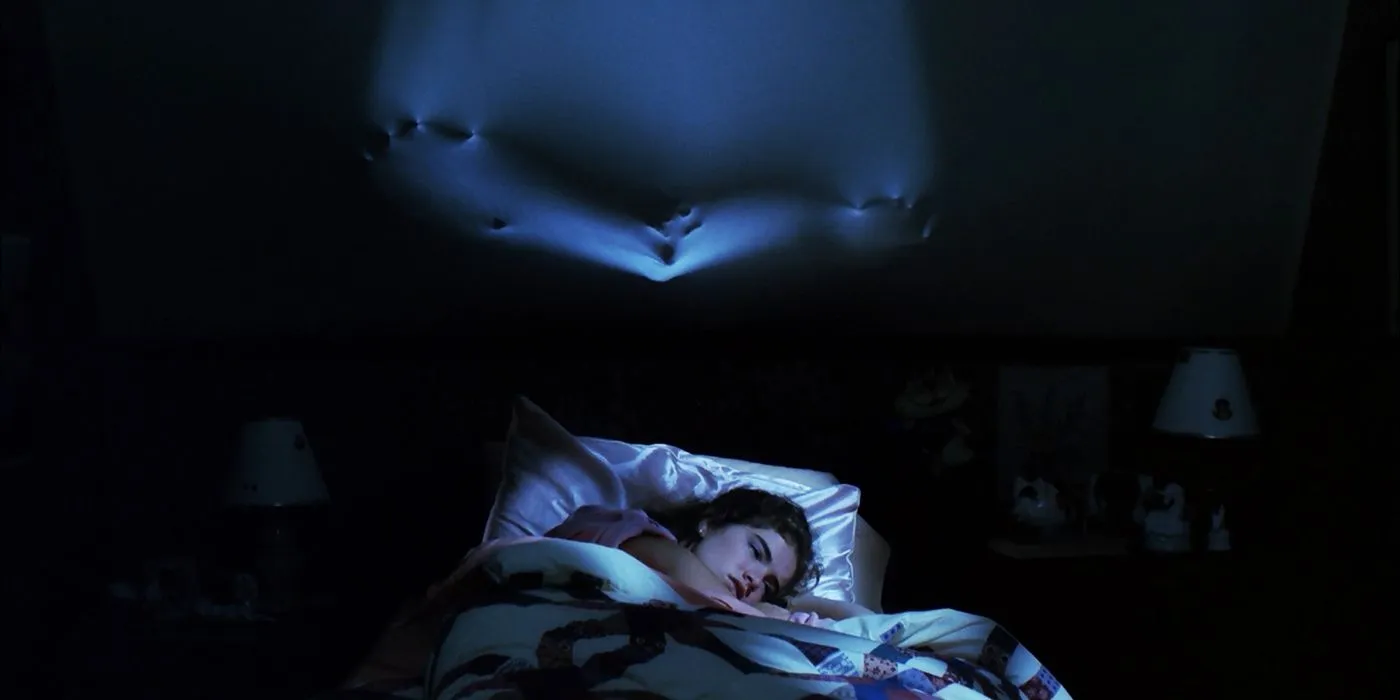
The last installment, a remake released in 2010, was met with mixed reactions, prompting various updates about the franchise between 2015 and 2019—some hopeful, others disheartening. A second remake was initially proposed, but discussions stagnated. Eventually, in 2019, it was revealed that the film rights to A Nightmare on Elm Street had reverted to Wes Craven’s estate. This shift means that any further developments hinge upon negotiations between New Line Cinema and the estate, complicating new projects significantly.
Richard Brener, New Line’s Chief Creative Officer, expressed optimism about reviving the series in a recent interview with THR. However, he acknowledged the complexities surrounding the rights: New Line Cinema retains only international distribution rights, requiring cooperation from Craven’s estate for any new film production.
A Nightmare On Elm Street: Parallels with Friday the 13th’s Rights Challenges
Continual Legal Battles in Friday The 13th
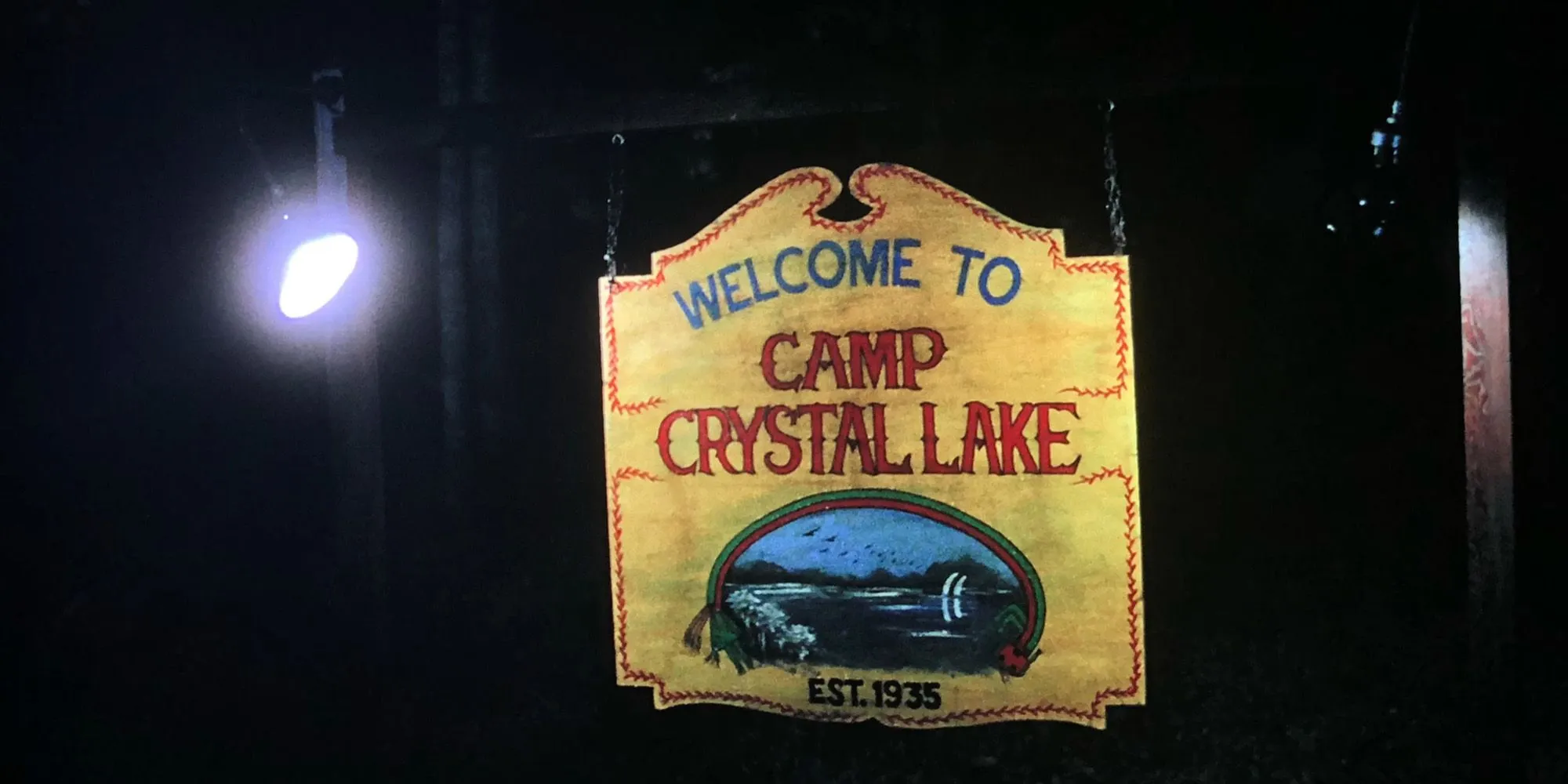
The ongoing rights complications surrounding A Nightmare on Elm Street evoke memories of the prolonged legal turmoil involving the Friday the 13th franchise. This franchise, created by Victor Miller, introduced Jason Voorhees, who once confronted Freddy Krueger in the 2003 film Freddy vs. Jason. Unfortunately, the Friday the 13th series has grappled with ownership disputes for years, primarily between Miller and director Sean S. Cunningham. While Miller initially claimed sole ownership due to his role as the writer, Cunningham contended he was the creative force behind the property. A U.S. District Court ultimately sided with Miller, allowing him to reclaim rights to the first film, albeit leaving Cunningham in control of the sequels.
As a consequence of this ruling, Miller is free to create projects based on the original concept of Friday the 13th, excluding aspects introduced in subsequent films. Meanwhile, the franchise is poised to expand with the upcoming prequel series, Crystal Lake, produced by Miller.
The resolution of Friday the 13th rights issues demonstrates a path forward that could similarly benefit A Nightmare on Elm Street. If cooperation can be established between New Line Cinema and Craven’s estate, there may be hope for a future revival catering to both fans and newcomers alike.
The Case for A Nightmare On Elm Street’s Reboot or Sequel
A Necessity for a New Chapter for A Nightmare On Elm Street
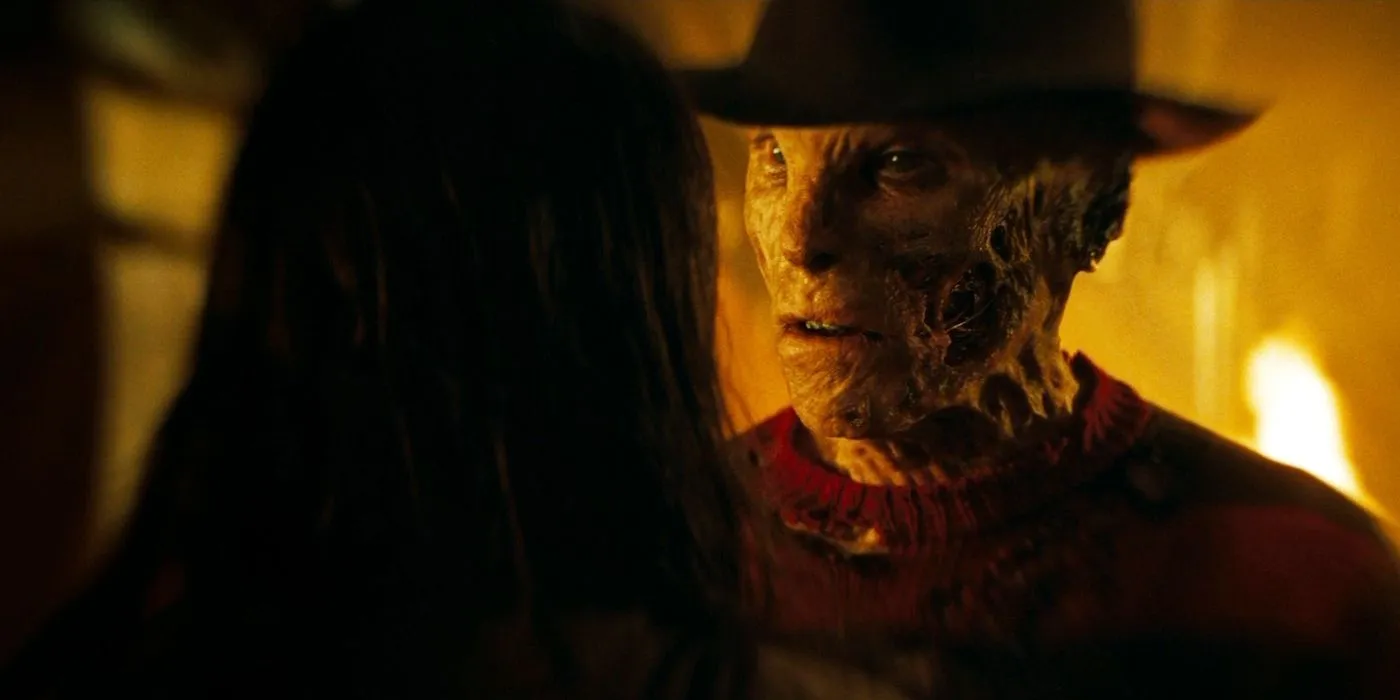
The recent trend of horror reboots and legacy sequels has rekindled interest in several franchises, but not all of them warranted a return. Yet, for those franchises that truly deserve another chance, such as A Nightmare on Elm Street, the potential for growth and improvement is significant. The 2010 remake fell short, failing to capture the original’s chilling essence and diminishing Freddy Krueger’s character through excessive backstory and miscasting.
Despite the disappointment of the earlier attempts, the franchise’s rich history provides abundant opportunity for fresh storytelling. A reboot could explore numerous avenues—be it a direct sequel, an alternative narrative bypassing previous installments, or even a television adaptation. Ultimately, A Nightmare on Elm Street deserves one more chance to reestablish its legacy and delight both veteran fans and a new generation.
Sources: GameSpot, THR.
